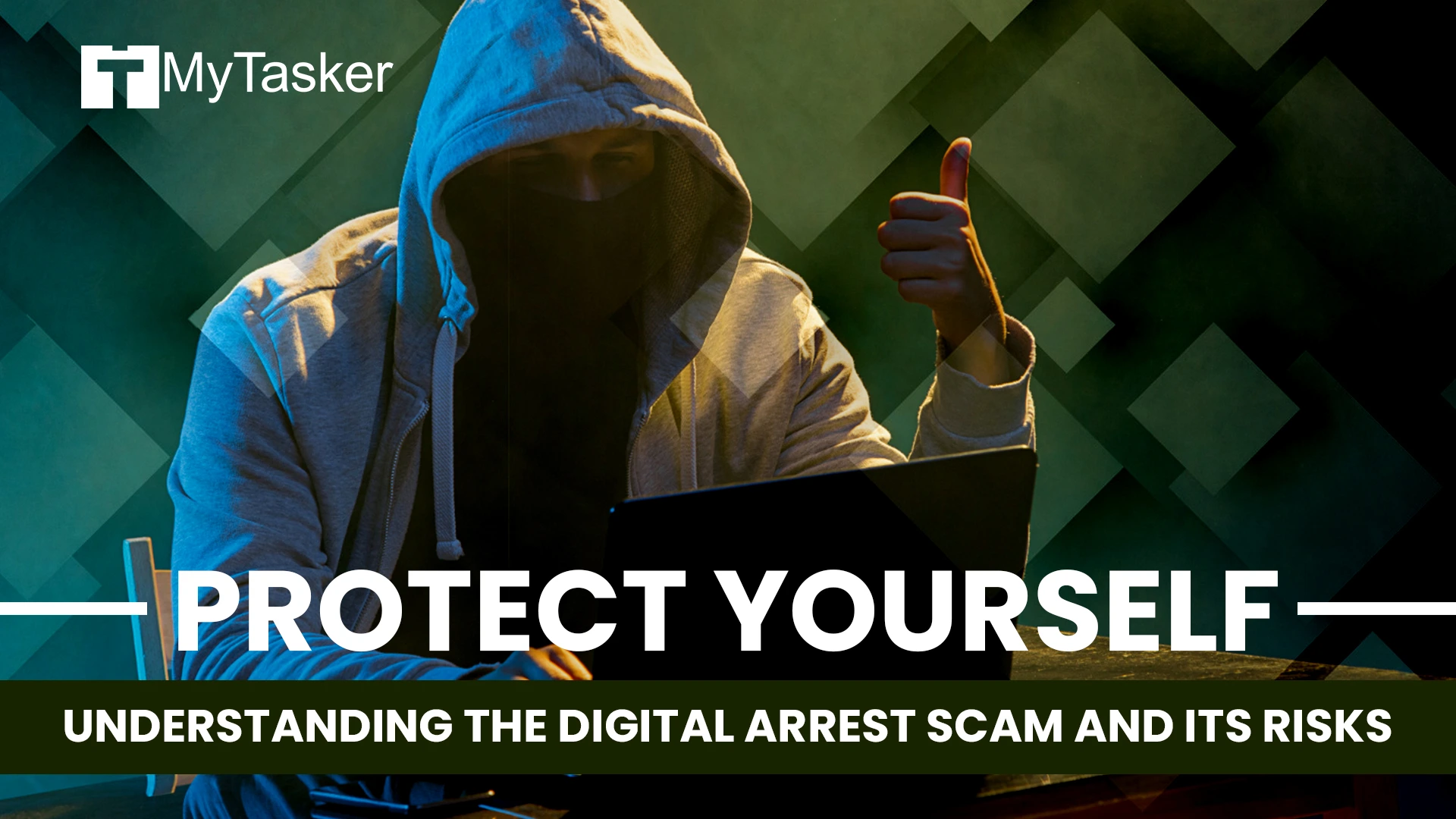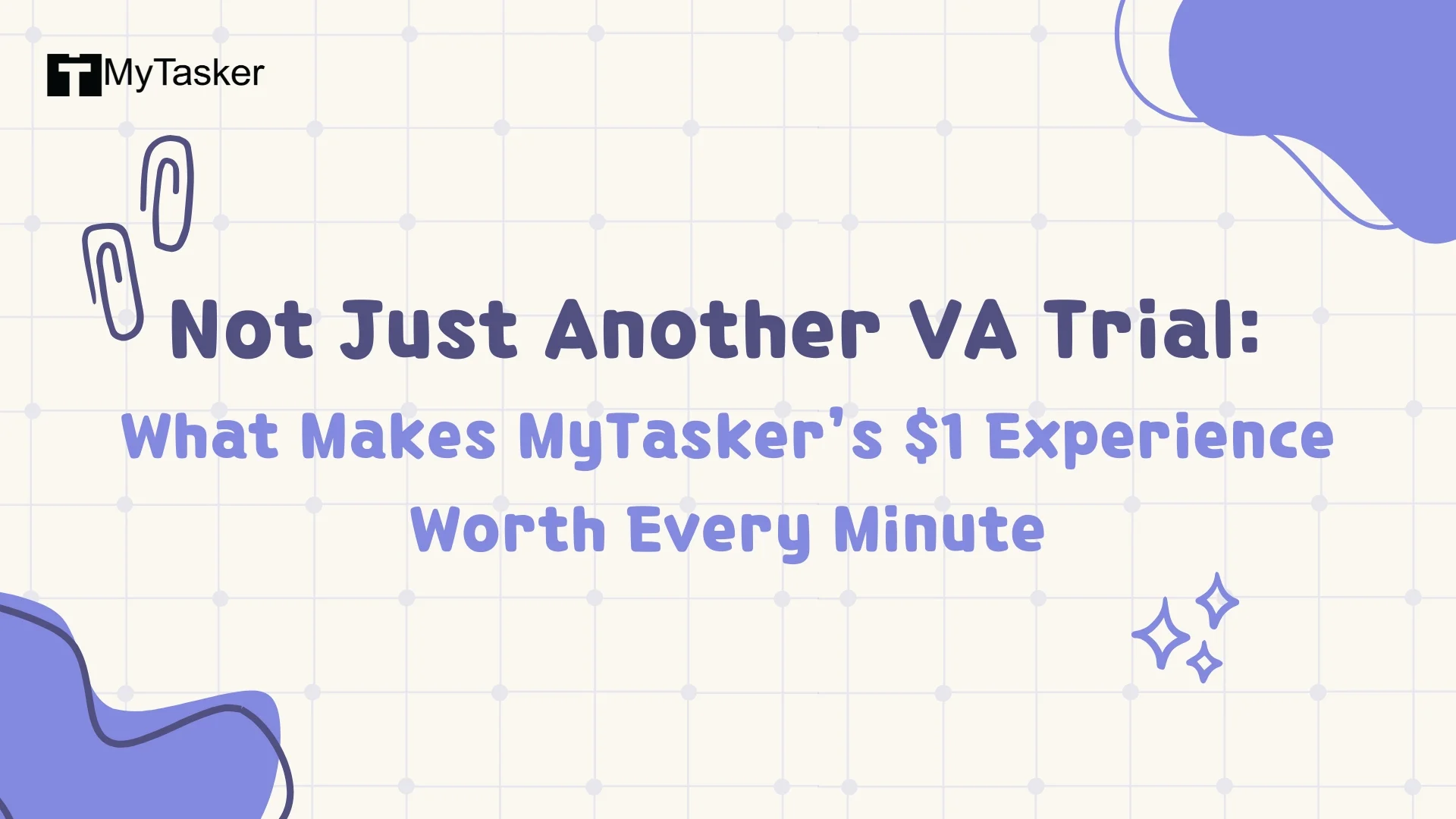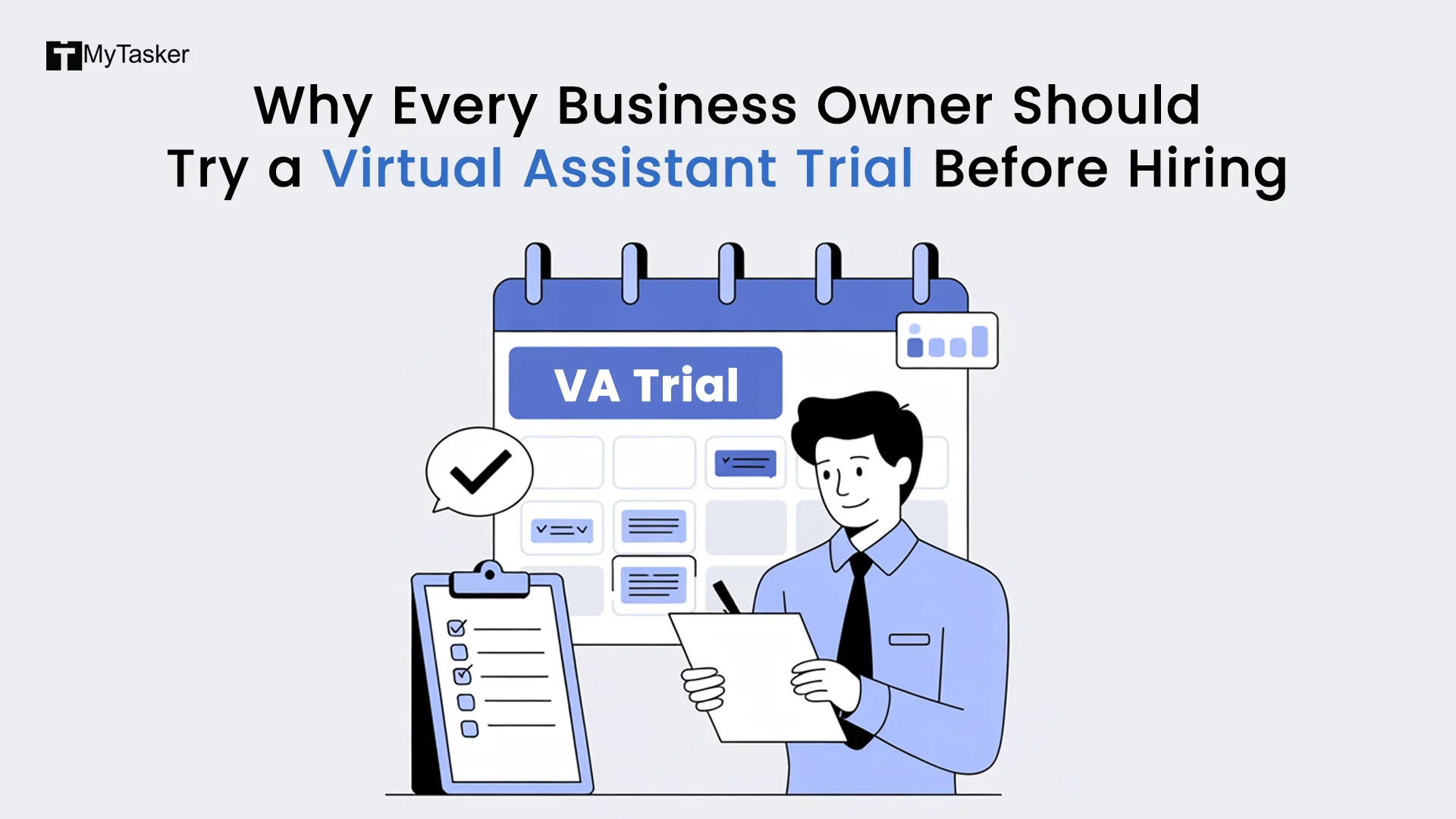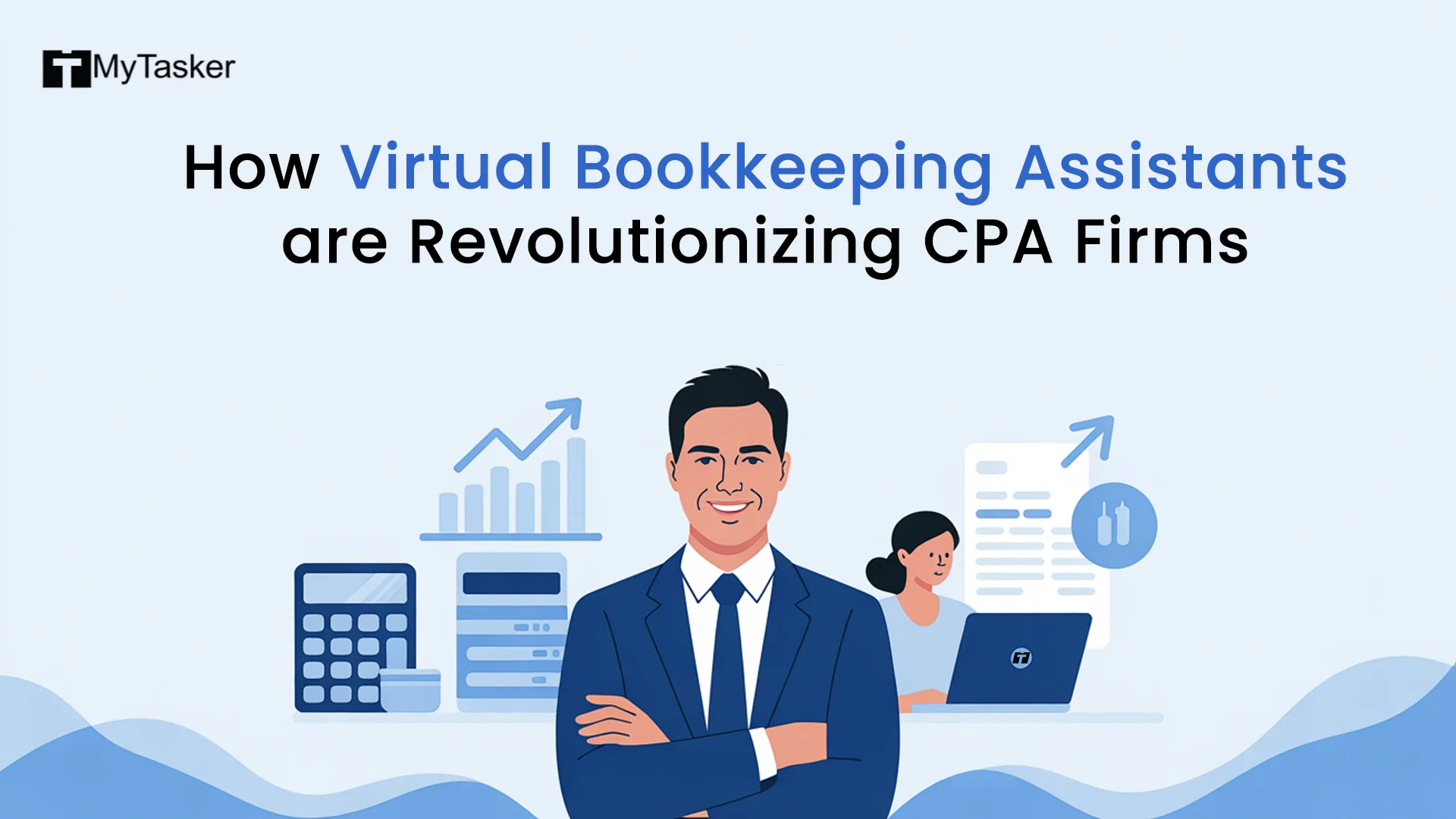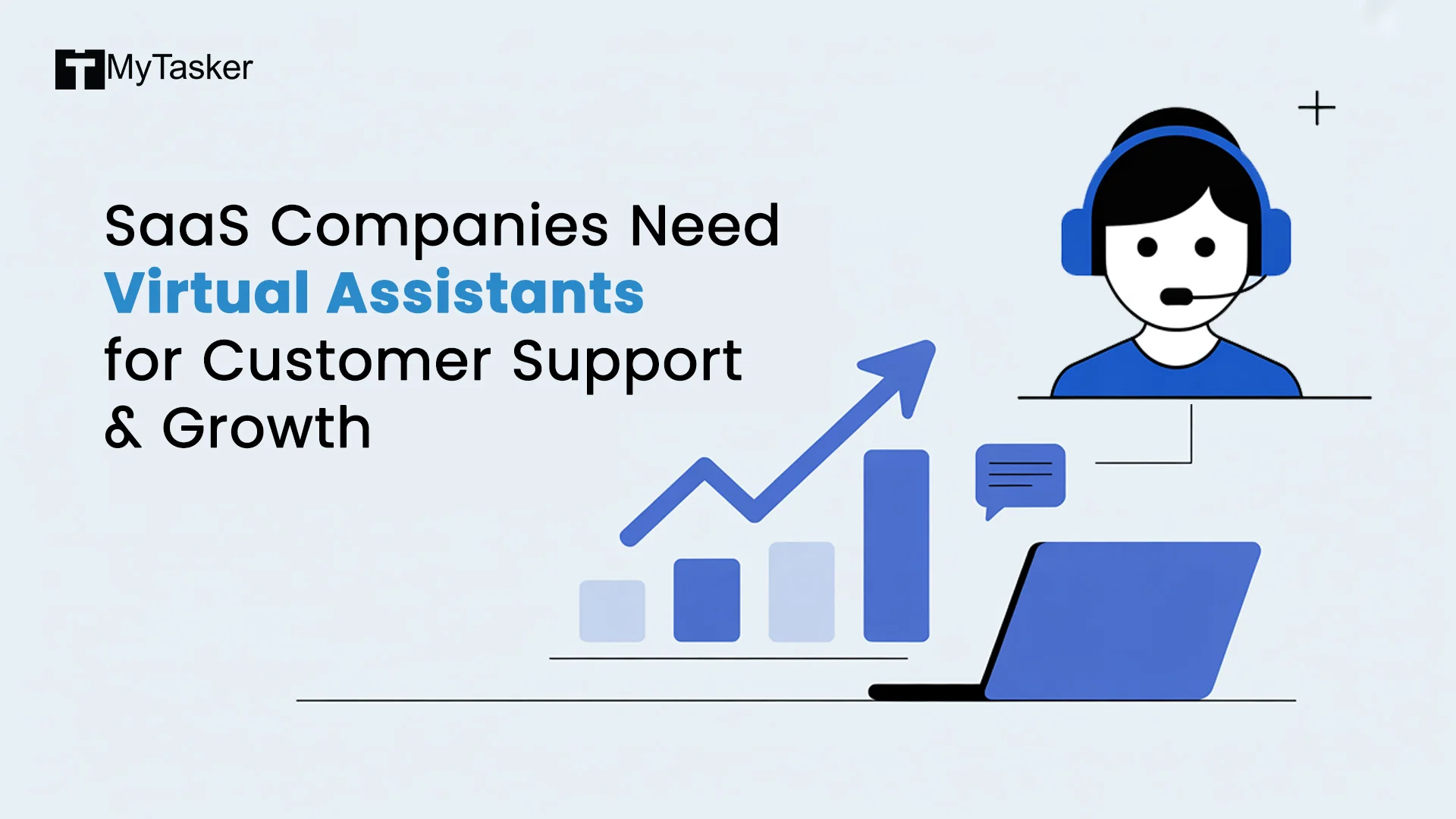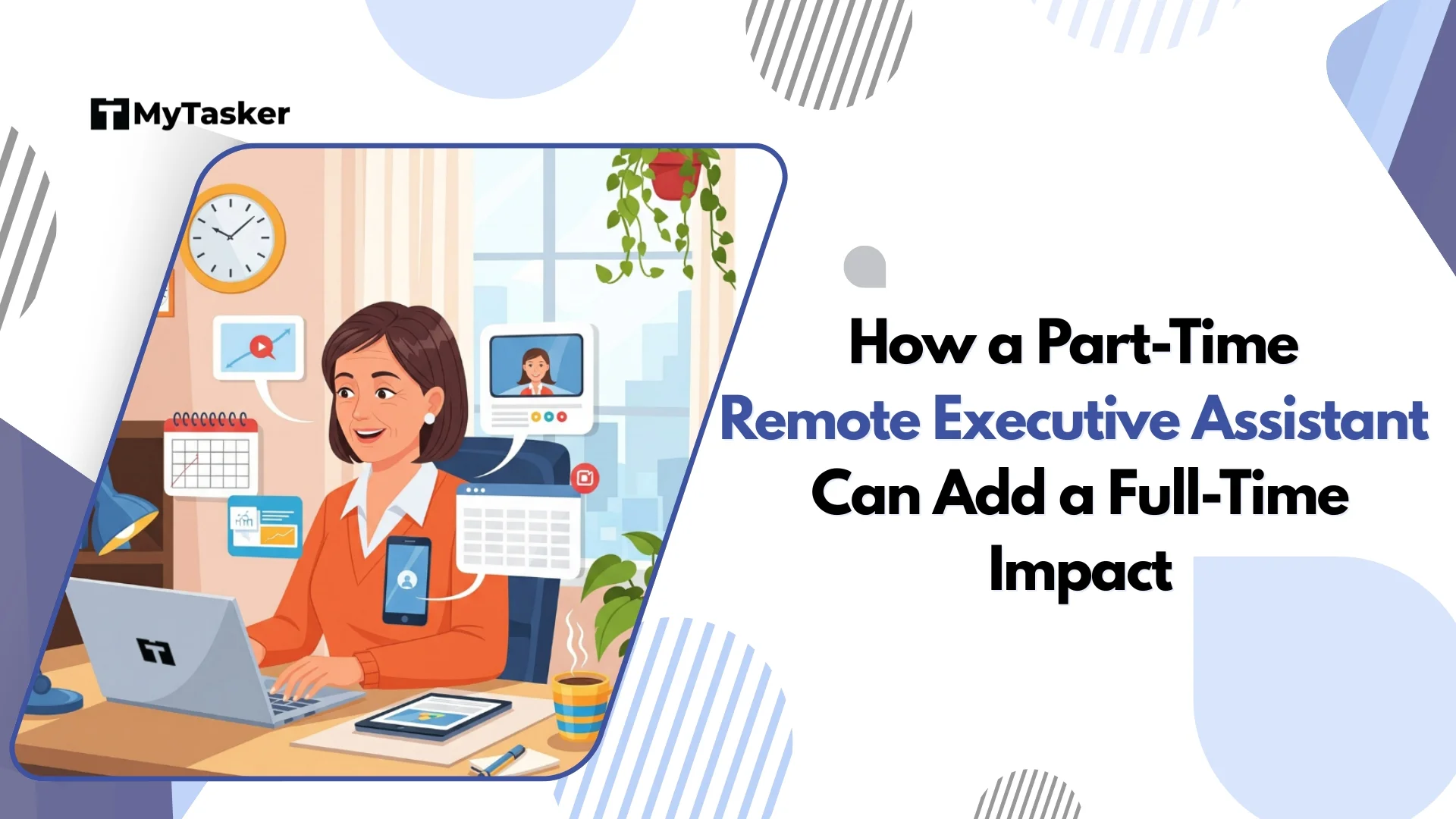What is a Digital Arrest Scam?

A digital arrest scam is a type of cybercrime where fraudsters claim to be government officials or law enforcement agents and contact victims via phone or video call. During digital arrests, scammers aim to intimidate and extort money from victims, often claiming that they have committed a crime or that a family member is involved in illegal activities.
Digital arrest scams or digital arrest frauds involve scammers posing as officials from government agencies and law enforcement to intimidate and defraud individuals. Such scams aim at extorting money from victims by falsely accusing them of involvement in illegal activities. Cyber criminals make you take action immediately and take advantage of spur of the moment weaknesses.
How Digital Arrest Scams Work?
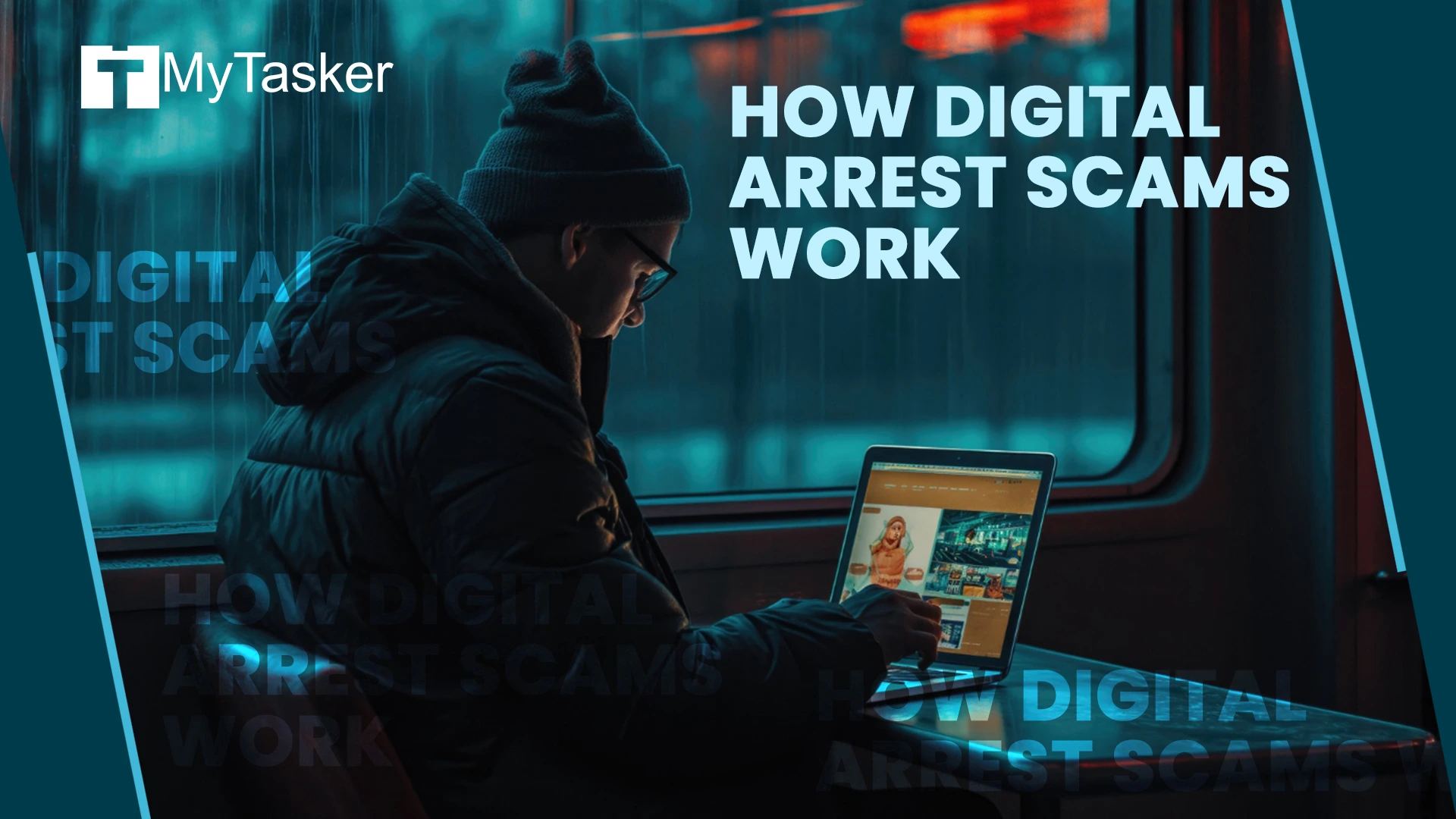
- Scammers may use fake video calls to impersonate official authorities or a government agency to extort money from victims.
- They may also use fake emails, texts, phone or video calls, or social media messages to lure victims into their trap.
- Scammers may use fake documents or certificates to add credibility to their claims. They convince victims of their authenticity and demand money. Such incidents are rampant these days.
- They may also use fake names and titles to make themselves appear more legitimate.
Financial and Emotional Risks of Digital Arrest Scams
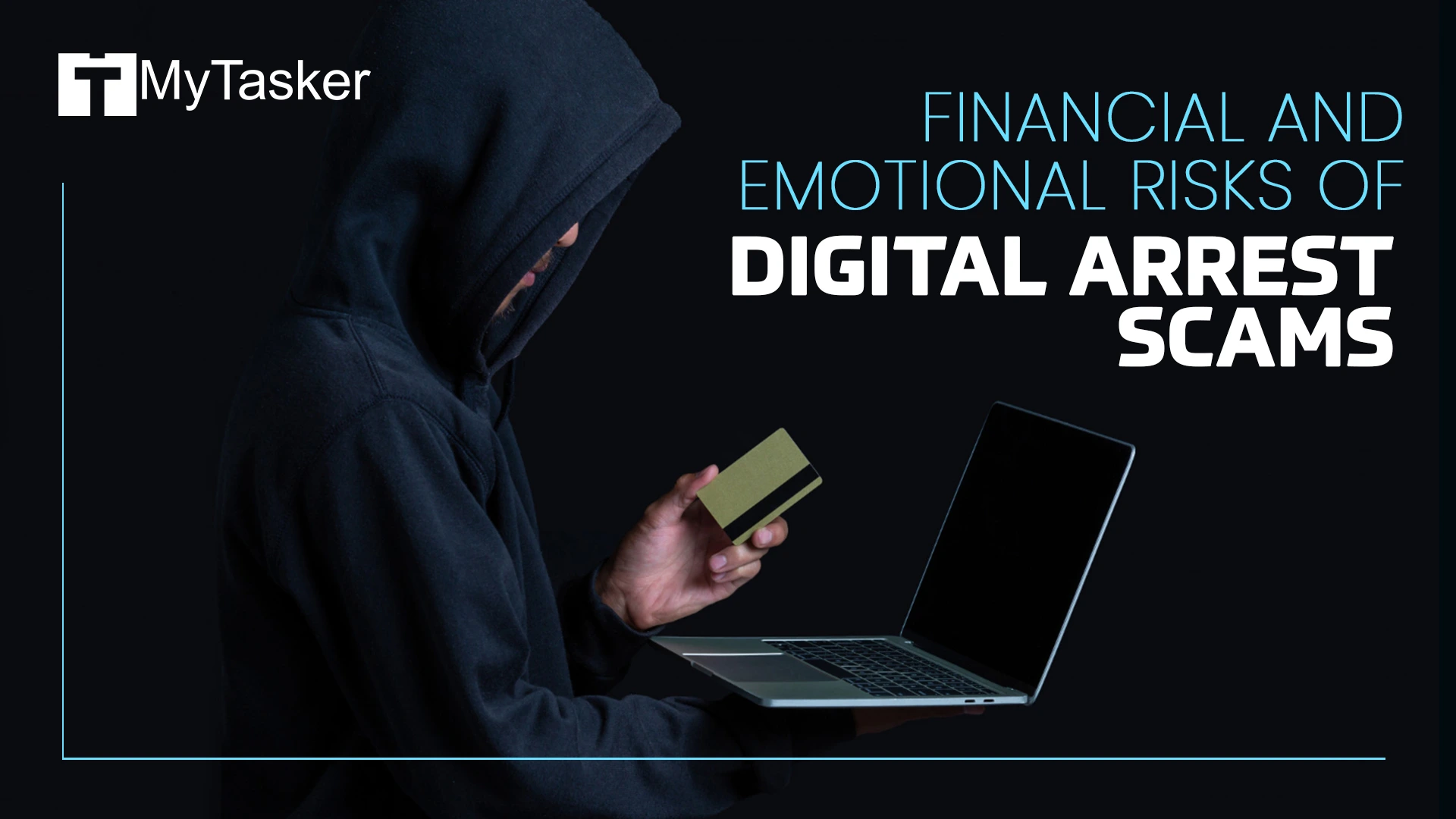
- Victims may suffer monetary loss and, in some cases, identity theft due to the personal information exchanged with the scammers. An arrest scam can shatter people's self-esteem.
- Digital arrest scams can result in financial loss and emotional distress for victims.
- Scammers may demand payments to secure the victim’s “release” or to end the proceedings.
- Victims may be accused of being part of an illegal activity and are demanded to pay money to secure their “release”.
Protecting Yourself from Digital Arrest Scams
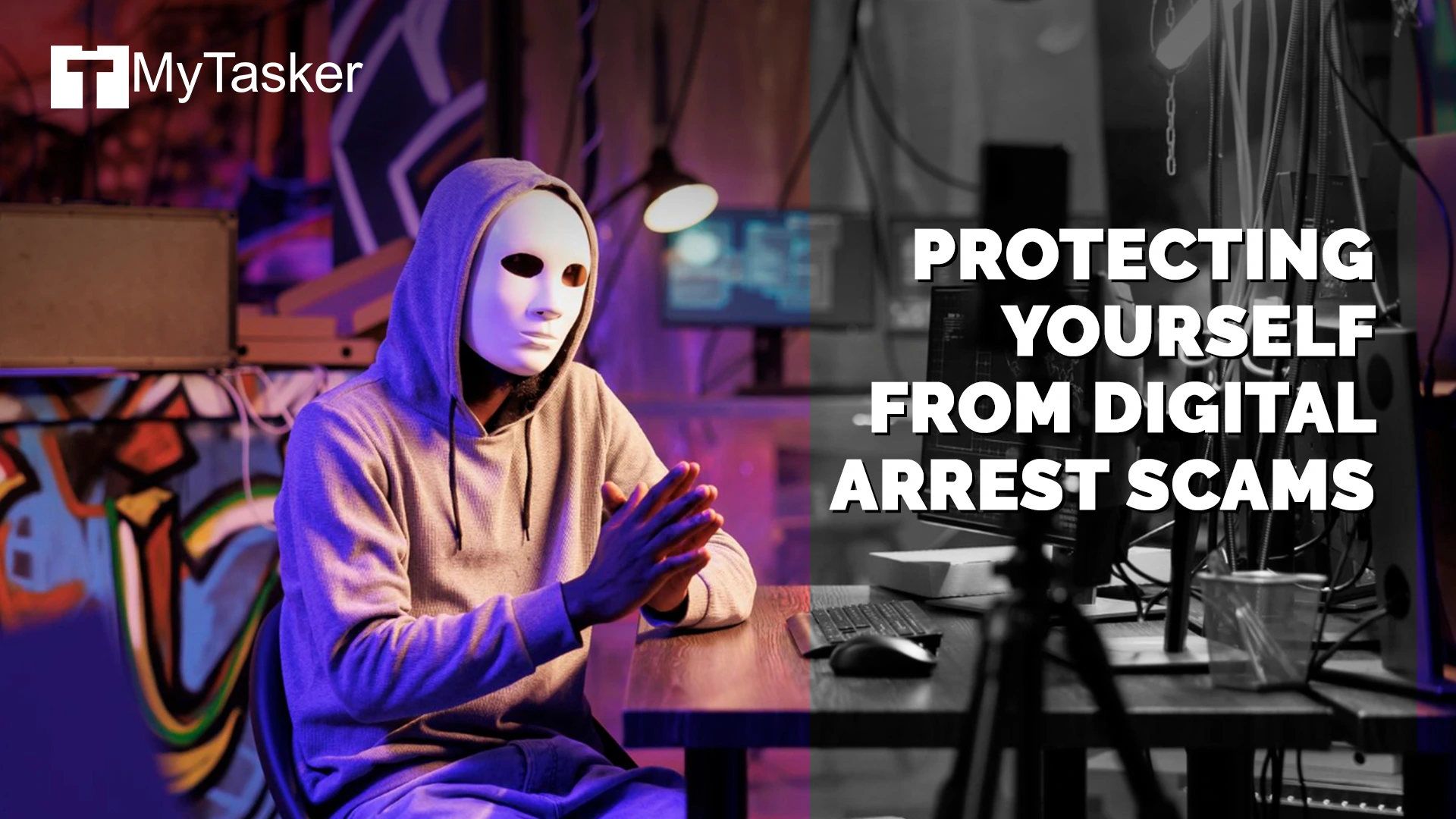
- Be suspicious of any audio or video calls from fake law enforcement or government officials claiming that you or someone you know is in trouble. Avoid falling victim, no matter how well they manipulate you.
- Disconnect your phone and internet immediately, and do not share any personal details.
- Do not transfer money to “resolve” a case and reach out to the local police on known helplines.
- Keep evidence of the scam, such as screenshots or call recordings, and contact your bank to block your accounts temporarily.
- Keep in mind that law enforcement officials never contact civilians via informal means like text, email, phone, or video calls.
- Stay on guard against fake arrest warrants that such scammers use as pressure tactics.
- Be wary of false accusations and never fall into their trap. They use your vulnerability and ask for immediate payment.
- If you get a fake call from the "narcotics department" claiming that you have been the recipient of illegal packages and drugs, this is a sure-shot sign of a digital arrest scam. Stay on guard and report them.
What to Do If You’ve Been the Victim of a Digital Arrest Scam
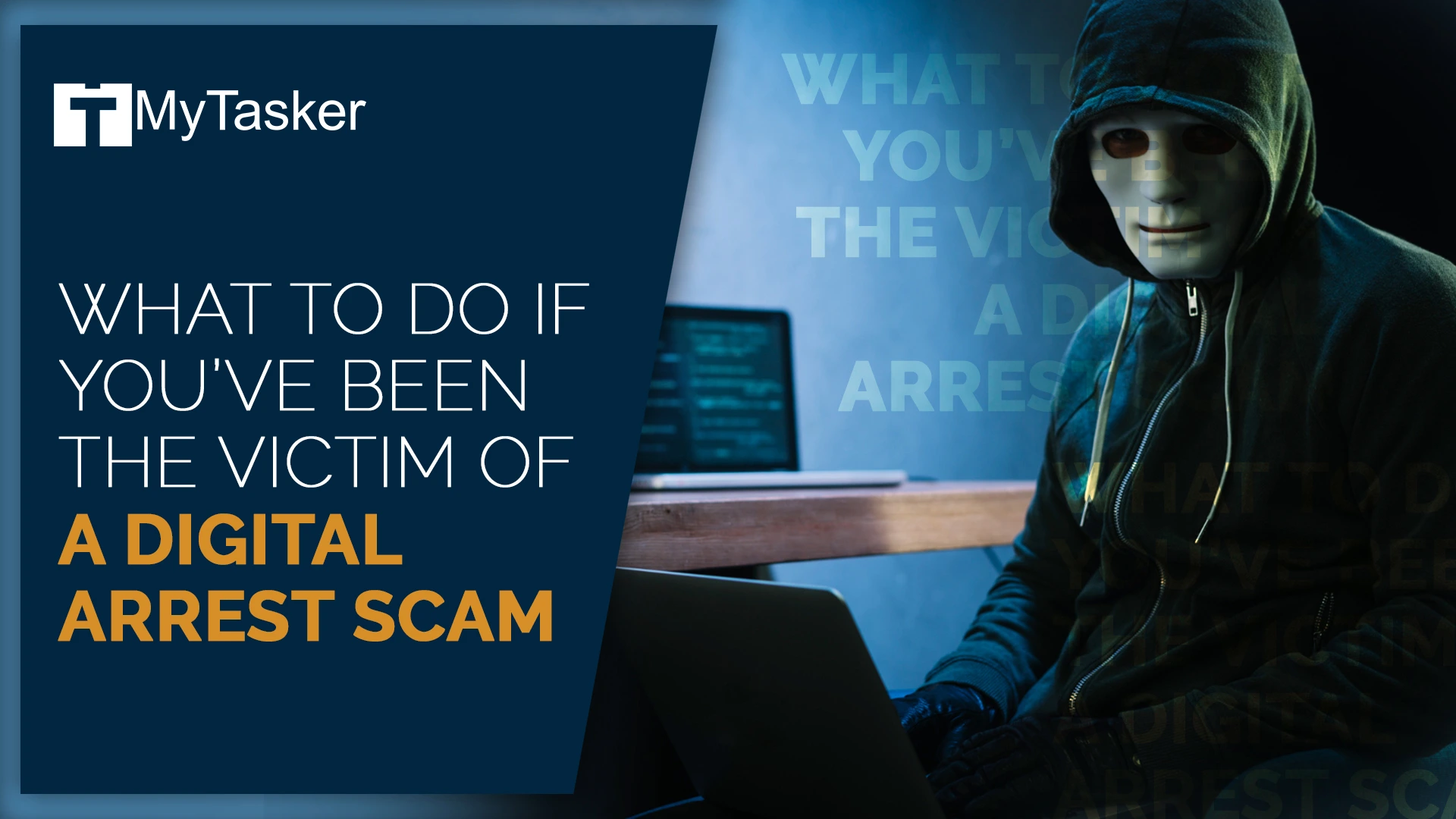
- Contact your bank immediately and ask if a reversal is possible.
- Freeze your bank accounts as soon as possible.
- Request an immediate freeze on your account to prevent further money from being siphoned off.
- Lodge a formal complaint with your city’s cybercrime police department and online on the National Cyber Crime Reporting portal.
- Provide evidence of the scam to the authorities and seek legal aid if necessary.
Government Efforts to Counter Digital Arrest Scams
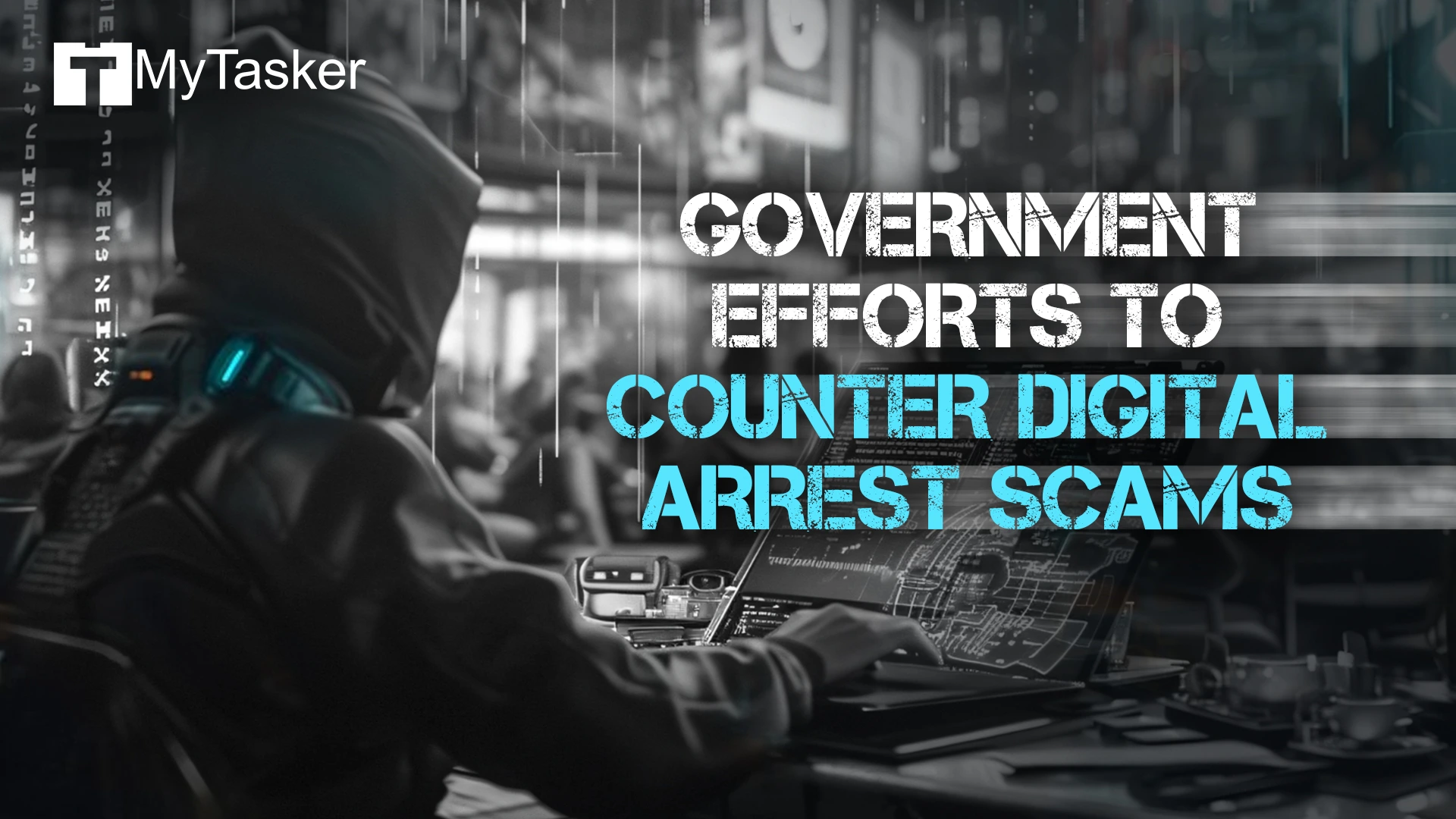
- The Indian Cybercrime Coordination Centre (I4C) has blocked more than 1,000 Skype IDs linked to such activities after collaborating with Microsoft.
- Awareness campaigns have been launched to spread information about the issue.
- The government has set up an inter-ministerial committee to tackle transnational organized cyber crimes against Indians.
- People who receive such calls should immediately report the incident on the cybercrime helpline 1930 or at http://www.cybercrime.gov.in and file a complaint with the local police.
Staying Safe Online
- Real government officials or law enforcement agencies will never ask for payment or banking details.
- Scammers often create a sense of emergency to make you act quickly without thinking.
- Do not share sensitive information such as KYC details, bank details, or payment information with anyone.
- Always verify the officer’s identity by independently contacting the government official or law enforcement agency.
Reporting Suspicious Activity
- If you suspect you have been a victim of the “Digital Arrest” scam, report it to cybercrime authorities immediately.
- Provide as much information as possible, including the scammer’s phone number, email, and any other identifying details.
- Law enforcement agencies can use this information to track down the scammers and bring them to justice.
- Reporting suspicious activity can also help prevent further victimization and protect others from falling prey to this scam.
- Tag the Ministry of Home Affairs and bring these arrest scams to light.
- Visit government offices and try to highlight these scams and try to get authorities to launch such an investigation that would catch the criminals and scammers.
Digital arrest scams in America typically involve fraudsters impersonating law enforcement or government officials, claiming that the victim has an outstanding warrant or unpaid fines. Here are some key aspects of these scams:
- Methods of Contact: Scammers often reach out via phone calls, emails, or text messages, using spoofed numbers to appear legitimate.
- Threats and Intimidation: Victims may be threatened with immediate arrest or legal action if they don’t comply with demands for payment.
- Payment Methods: Scammers often ask for payments via gift cards, wire transfers, or cryptocurrency, which are difficult to trace.
- Red Flags: Look for signs like poor grammar, urgency, and requests for personal information. Legitimate authorities will not demand payment in unusual ways.
- Verification: Always verify claims by contacting local law enforcement directly using official contact information.
- Education and Awareness: Staying informed about common scams can help individuals recognize and avoid these threats.
Conclusion
It’s essential to remain vigilant and informed to avoid digital arrest scams. Always verify the source of any unexpected communication, especially if it threatens legal action. Avoid sharing personal information or making payments without thorough confirmation. Use official channels to check the validity of any claims, and educate yourself on common scam tactics. Lastly, report any suspicious activity to authorities to help protect yourself and others.
With MyTasker’s expert virtual assistants, you can confidently navigate the digital landscape and shield yourself from scams. Our dedicated team is here to provide personalized support, helping you secure your information and stay informed.



